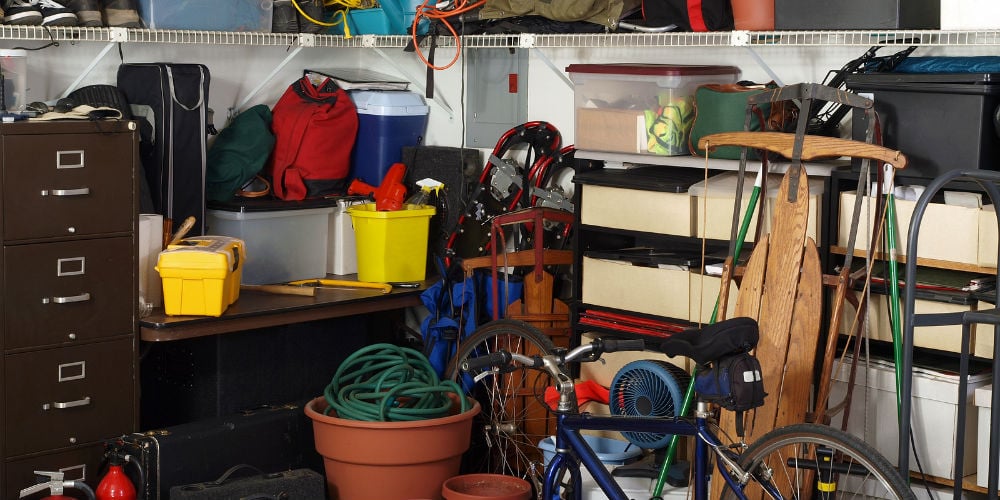The myth of multi-tasking

Last week I almost burned my kitchen down. In my quest to get all the important things done on my list, I was working on several things at once. Although I teach leadership effectiveness for a living, I sometimes get drawn into the busyness of life and slip into bad habits.
I put my lunch on the stove, and then went into my office to answer a couple e-mails while simultaneously making an important phone call. I was so engrossed (and overloaded), that I completely forgot about my lunch. Mushroom kale soup bubbled over the stove, and onto the floor. As I was on the phone, I started to smell something burning from the kitchen. Sometimes I need a painful lesson to remind me of the importance of good leadership habits.
Despite what most leaders think, multi-tasking is overrated. We convince ourselves that we have so much to do that it’s the only way to get things done, but it has the opposite effect. Our attention is drawn in so many directions, that we end up doing a few things poorly (i.e., a soupy kitchen and an interrupted phone call) than doing one thing really well. Quality always suffers when we multi-task.
In fact, researchers at the Institute of Psychiatry at the University of London found that multitasking caused a greater decrease in IQ than smoking pot or losing a night’s sleep!
I often hear clients talk about multi-tasking like it’s the sought-after skill that will help them get more done in less time. I even see “ability to multi-task” in most job advertisements. We have become obsessed with trying to squeeze as much as possible into each minute of our day in the unrealistic quest of being perfectly efficient.
The “skill” of multi-tasking has become a popular buzzword in organizations. But it’s killing our business. It’s killing our effectiveness. It actually has the opposite effect of what we are trying to achieve. And that’s because our brains weren’t built to do more than one big thing at a time. Research has shown that workers can lose up to 40% of productivity when multi-tasking. It’s costing businesses about $450 billion a year in lost productivity; not to mention stress, loss of composure, and sloppy work.
Remember the days before iPhones, Facebook, and e-mail? When you left work, you actually left work at the office. Technology is meant to make our lives easier, but that’s not what happens for most professionals. We feel more stressed and overwhelmed than ever. We can’t seem to pull ourselves away for a mental break.
Have you ever left your office at the end of the day and thought, “What did I get done today?” If you can’t pinpoint what you accomplished, you probably spent a lot of the day multi-tasking. One of the best things professionals can do to boost performance is to focus on one thing at a time.
Here are six strategies for improving your focus (and your performance!):
Concentrate on one task at a time. Block out a specific time in your schedule to focus on one project. Make it a habit of scheduling your entire work day in chunks of time meant for focusing on specific tasks and projects.
Check e-mail only a few times a day. Turn off your e-mail and message alerts so they won’t distract you when trying to focus. Schedule a few specific times in your day to check e-mail and messages and focus only on that task.
Say no and simplify your life. You don’t have to volunteer for everything. Pick a couple things you really enjoy and do them well. When you are asked to take on a responsibility, tell the person you will think about it and get back to them.
Change your scenery. Most professionals I know can’t get much done in their office because that’s where most of their distractions are. Find a quiet conference room or go to a local coffee shop to get away from distractions and you’ll improve your focus.
Focus on two or three accomplishments a day. Executives often make a list of ten or fifteen things to accomplish in one day. We become too overwhelmed because our expectations are unrealistic. Pick two or three important tasks for the day and focus on accomplishing them (and doing them well). If you finish early, then you can move on to another task.
Delegate tasks and projects others can handle. Most managers I’ve worked with don’t use their employee resources effectively. They either feel they don’t have the time to teach employees or that their staff will resent them for piling on more work. The truth is, most employees enjoy the challenge and want to help their boss. Keep only the major initiatives you must be involved in, and delegate other tasks.
I’ve seen huge improvements in my efficiency and quality of work when I focus on one thing at a time. Learning to eliminate multitasking from your life is a work in progress and will take some time. But with practice and focus, you will feel less stressed and more accomplished.





